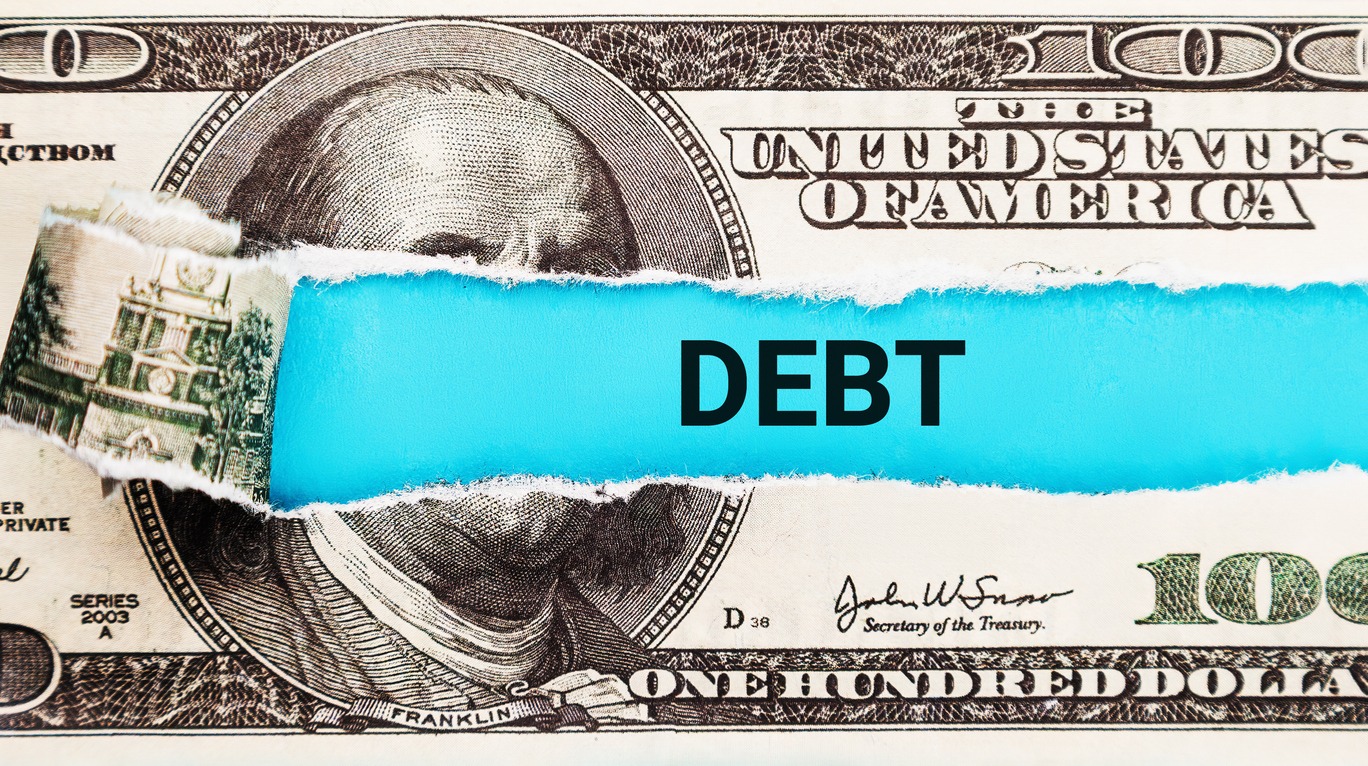When you are getting divorced, most experts will tell you the same thing—the best strategy for dealing with any marital debt is to eliminate or divide it so that each party can walk away no longer financially tied to the other. Joint debts such as a mortgage, car loan, or joint credit card remain the equal responsibility of each party on the account after divorce, regardless of what their settlement agreement might say. That means the actions (or inaction) of your ex-spouse could have a damaging effect on your credit score post-divorce if you retain shared debts.
Unfortunately, it is not always possible for spouses to fully separate their finances as they divorce. One party may lack the financial ability to fully take on a loan or mortgage, or it may be economically damaging to both to liquidate other assets to try to pay off their shared debts. If your circumstances dictate that you will need to continue managing joint debt after divorce, at least temporarily, it is essential to understand what factors go into a credit score, carefully monitor any such accounts, and be prepared to act to limit damage..
- Managing Joint Debts After Divorce
- What Goes into Your Credit Score
- Safeguarding Your Credit Score in Case Your Ex Stops Paying
- Frequently Asked Questions
Are You Struggling With Managing Joint Debt After A Divorce?
Managing Joint Debts After Divorce

California, as a community property state, regards the debt that a couple takes on during the course of their marriage as the equal responsibility of both individuals. Typically, how that shared debt should be handled in divorce is part of their property division negotiations. Certain types of debt, like mortgages, can be refinanced in one party’s name only. Couples may choose to eliminate the debt instead—for example, selling their shared home and paying off the mortgage, or selling a car to pay off the car loan. Alternately, they may divide liabilities like credit card debt by opening new accounts, transferring the balance they are responsible for into their individual account, and then closing the previous joint account.
There may be circumstances, however, that make it difficult or impossible to get rid of joint debt immediately. The couple may decide together that one should continue to live in the family home to provide stability for their shared children, but their lender will not allow that individual to assume the mortgage on their own and they are unable to qualify for a refinanced mortgage. (Or the ex-spouses may prefer to retain the original mortgage to keep a much lower interest rate and mortgage payment.) It could be that they don’t wish to sell depreciated stocks and lock in losses, or make withdrawals from retirement accounts, to pay off credit cards immediately. In situations where former spouses remain on good terms and can be confident that each will be willing and able to meet their financial obligations, thoughtful divorce debt division strategies can be financially beneficial for both in the long run.
However, there is considerable risk involved in staying on any type of credit account with your ex if you suspect they may be unreliable or simply unable to pay their share in the future. Their missed payments or defaults can end up damaging your credit rating and leaving you on the hook for your shared debt.
What Goes into Your Credit Score
Several factors go into an individual’s FICO score (the three-digit score used to quantify their creditworthiness). Still, the most significant is payment history, which accounts for 35% of the overall calculation. The second-most important factor is the amount owed, and in particular, how much of your available credit you are currently using. Retaining joint debt after divorce can be problematic because if your ex fails to make their agreed-upon payments on time, that omission will show up on your credit report as well as theirs. One missed mortgage payment can drop the credit score of a borrower with excellent credit by around 100 points. A foreclosure is even more damaging, and the higher your credit score is to begin with, the worse the drop.
It is essential, therefore, to limit joint debt to only those cases where it is strictly necessary, and to keep close tabs on any shared accounts even if your divorce decree assigns responsibility for the debt to your ex-spouse. When you divorce, you should request a copy of your credit report to ensure that you are fully aware of all shared debts and can close inactive accounts. If you and your spouse are co-borrowers on a credit card account, it is usually not possible for one spouse to unilaterally remove the other—the card must be paid off and closed.
However, if one spouse is the primary cardholder and the other an authorized user, the primary cardholder can remove them (or the authorized cardholder can request to be removed), as it is only the primary cardholder who is considered financially responsible by the creditor for payment. If you remove an ex-spouse as an authorized cardholder, it is prudent also to request a new card number to remove the possibility of them making additional charges.
Missed credit card payments are often not reported to credit bureaus until they are 30 days past due, and mortgage payments typically have a grace period. This provides a window in which to act before negative information hits your credit report. Although the negative impact of a late payment diminishes over time, it can stay on your credit report for up to seven years. Failing to keep tabs on debt for which a creditor holds you responsible, even if your divorce judgment does not, can mean that you don’t learn how severely your credit score has been impacted until you’re attempting to qualify for a new mortgage, car loan, or credit card and are turned down or can’t obtain good rates.
Safeguarding Your Credit Score in Case Your Ex Stops Paying

Never assume your ex is consistently making payments on a joint credit card or the mortgage, even if they’re supposed to. One of the riskiest situations is when one partner moves out and the other stops paying the mortgage—often, the former won’t realize there’s a problem until foreclosure is already underway. Even if you are not the one meant to be paying, you should have reminders set on all shared accounts for when payments are due and alerts if they are not received by the required due date.
Consider also putting an indemnification clause in your divorce agreement specifying which spouse is responsible for each debt, which will allow you to take your ex-spouse to court if they default on a debt they should be paying. However, this will not prevent harm to your credit in the short term. If you can, you may need to make the missed payment to preserve your credit score and then pursue reimbursement in court afterward. A family law attorney can provide specific advice on legal remedies to enforce the terms of your divorce agreement if your ex isn’t paying their share of your joint debt.
Expert Guidance for Negotiating Debt in Divorce Settlements
When you are managing joint debt after a divorce, the impact on your credit history and ability to borrow can be catastrophic if your ex acts irresponsibly or maliciously. The experienced family law attorneys at Hoover Krepelka can help provide the guidance and legal protection you need to minimize your exposure and put your post-divorce life on a firm financial footing. To schedule a consultation, fill out the form below today.
———————————————————————————————————————————————————————
Contact Us
"*" indicates required fields
FAQs
What happens to joint debts after a divorce?
Joint debts are typically divided during the divorce process, but creditors can still pursue either party for repayment if the debt remains unpaid.
Can I remove my ex from our joint credit card?
You usually can’t remove your ex from a joint credit card without their consent; instead, you may need to close the account or pay it off and open a new one in your name.
Who is responsible for mortgage payments after divorce?
Responsibility for mortgage payments depends on the divorce agreement, but both spouses remain legally liable if both names are on the loan.


